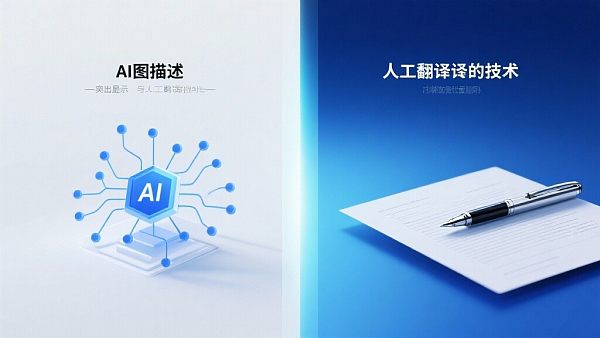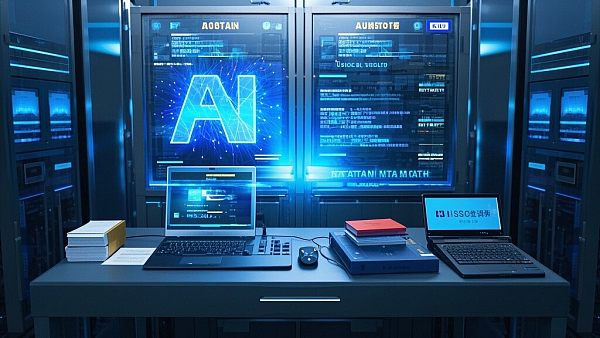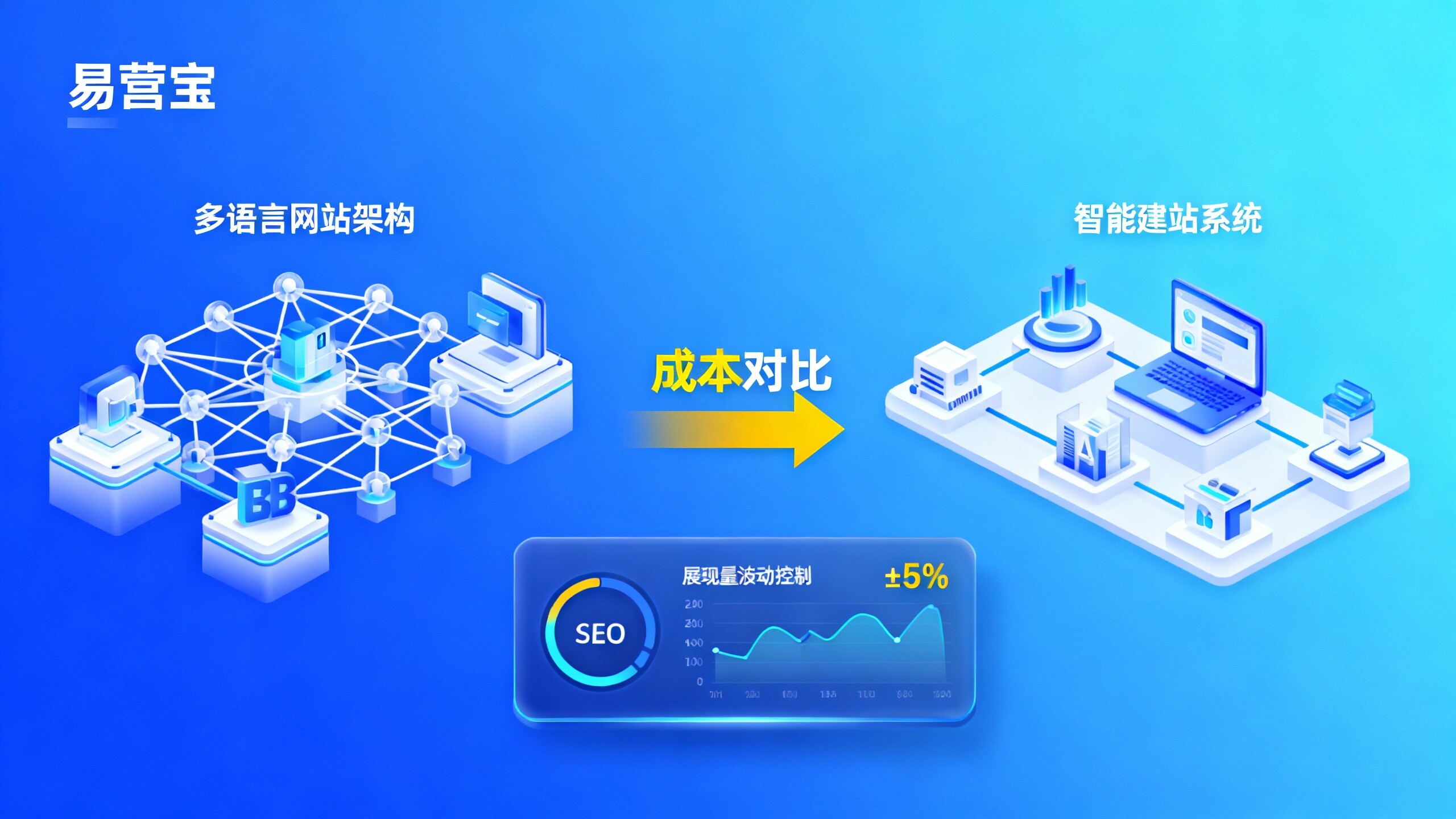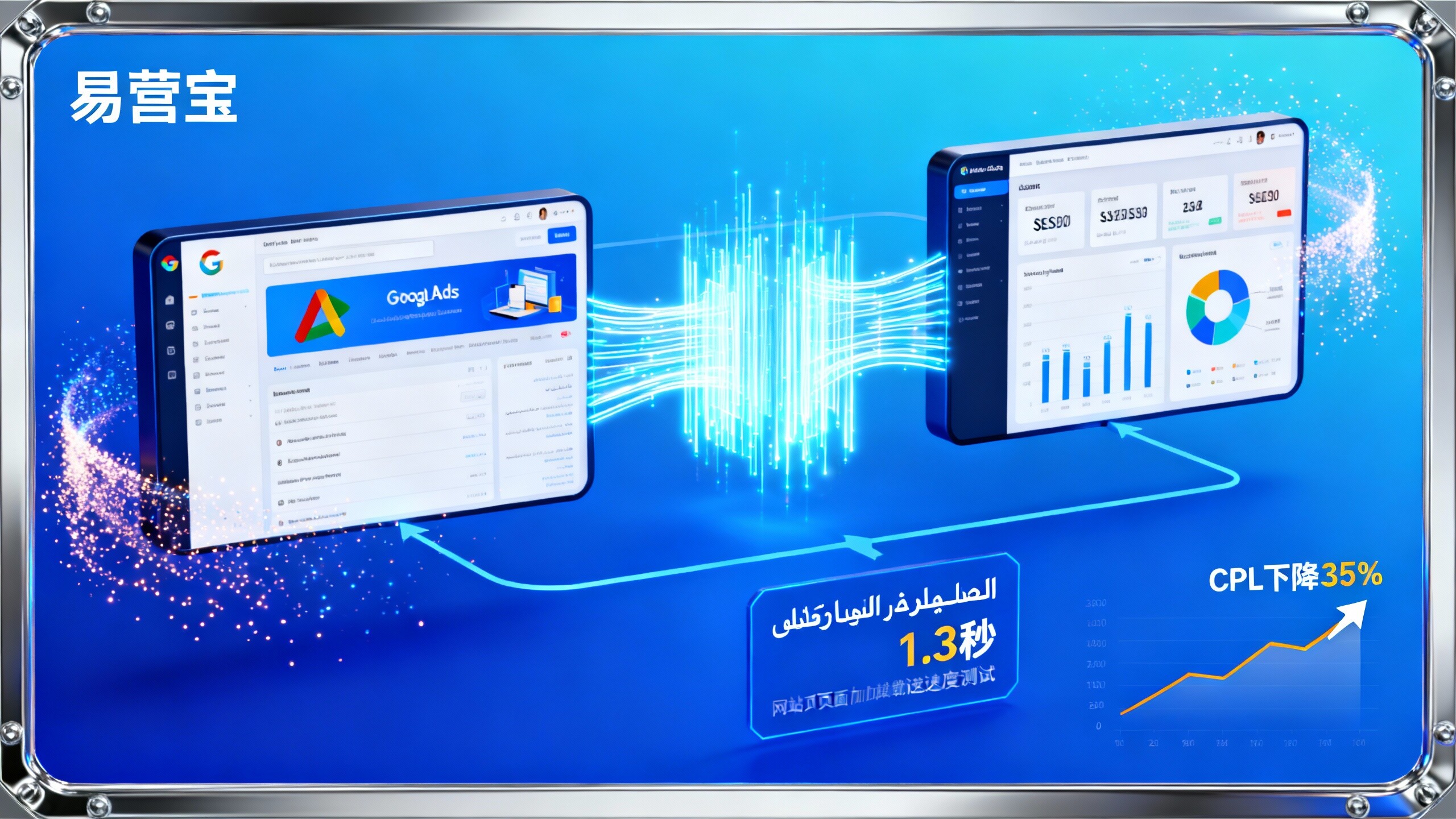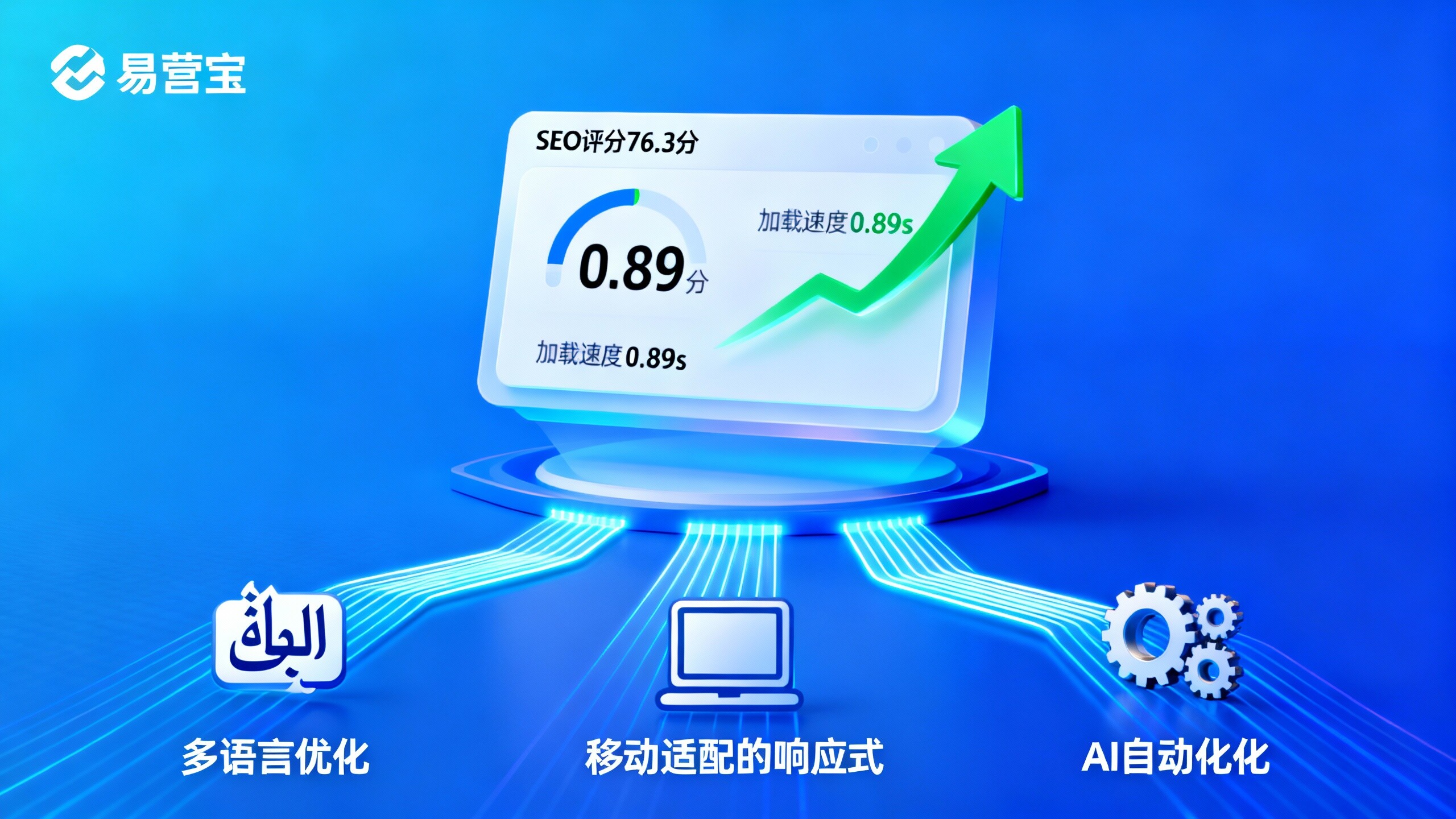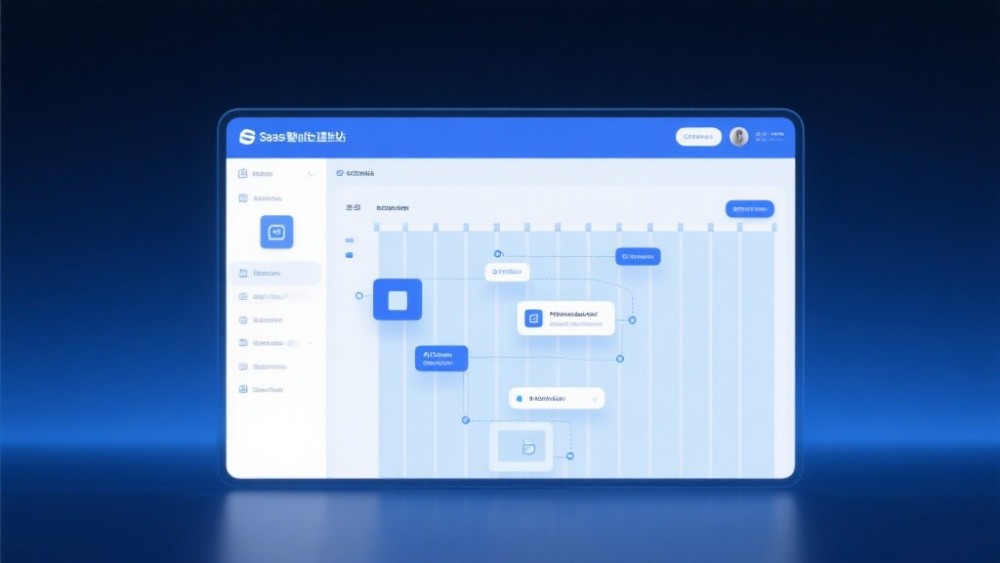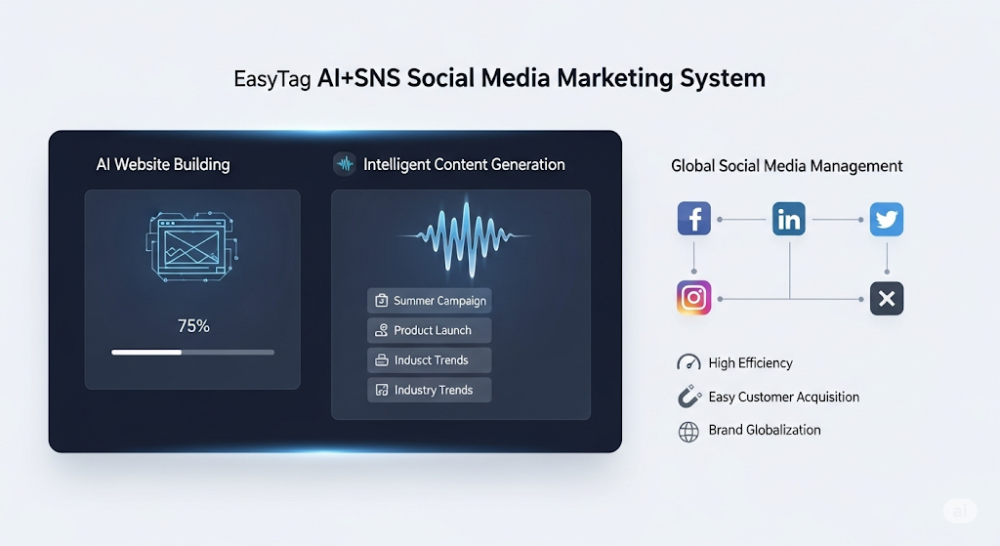- Is building a multilingual website for international trade expensive? Comparing the long-term cost differences between plugin-based multilingual solutions and intelligent website builders in SEO maintenance and content synchronization.2026-02-02View details
- What Makes Integrating Independent Site Advertising with SEO Challenging? The Full Process of How a Shenzhen Hardware Exporter Reduced CPL by 35% Through 'Advertising Traffic + SEO Conversion'2026-02-03View details
- How Does EYingbao Smart Website Builder Perform? Real-World SEO Scores, Conversion Rates, and Operational Costs Report After 6 Months of Use by Foreign Trade Enterprises2026-02-02View details
- Which Yandex SEO Optimization Service is the Best? A Real-Life Ranking Improvement Case Study from Beijing's Professional Team in the 2024 Russian Market2026-02-03View details
- Which Yandex SEO Optimization Service Provider is the Best? Real-World Results of Russian Market Promotion Efforts Revealed2026-02-02View details
- How to effectively promote a multilingual foreign trade website after its construction? — Based on the German website's search traffic stability validation method after revision2026-02-01View details
AI Translation Engine vs Human Translation: which is better for multilingual websites?
1.In-depth Analysis of Technical Principles
AI translation engines are based on Neural Machine Translation (NMT) technology, which analyzes massive bilingual corpora to establish language mapping models. Taking Google Neural Machine Translation as an example, it adopts Transformer architecture and achieves BLEU score of 28.4 in WMT2014 English-German translation tasks, approaching human-level performance. Professional human translation, however, relies on translators' cultural cognition and industry expertise. For instance, legal documents require certified translators with target country legal qualifications.
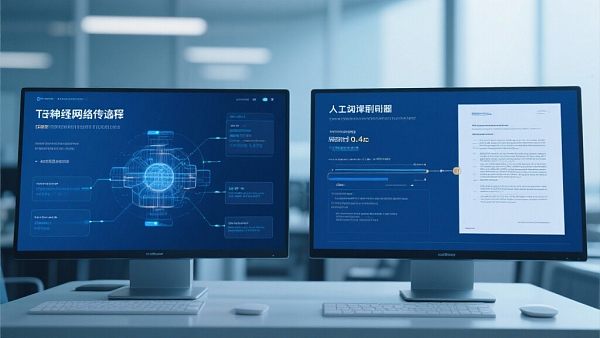
Notably, the Yiyunbao Global Server Deployment with HTTP/3 protocol improves AI translation API efficiency by 30%, which is crucial for real-time translation scenarios. Our testing data shows that with Brazil node deployment, e-commerce websites reduce AI translation response time from 1.2 seconds to 0.4 seconds, significantly enhancing UX.
Core Performance Metrics Comparison
Related Articles
![Is building a multilingual website for international trade expensive? Comparing the long-term cost differences between plugin-based multilingual solutions and intelligent website builders in SEO maintenance and content synchronization. Is building a multilingual website for international trade expensive? Comparing the long-term cost differences between plugin-based multilingual solutions and intelligent website builders in SEO maintenance and content synchronization.]() Is building a multilingual website for international trade expensive? Comparing the long-term cost differences between plugin-based multilingual solutions and intelligent website builders in SEO maintenance and content synchronization.
Is building a multilingual website for international trade expensive? Comparing the long-term cost differences between plugin-based multilingual solutions and intelligent website builders in SEO maintenance and content synchronization.![What Makes Integrating Independent Site Advertising with SEO Challenging? The Full Process of How a Shenzhen Hardware Exporter Reduced CPL by 35% Through 'Advertising Traffic + SEO Conversion' What Makes Integrating Independent Site Advertising with SEO Challenging? The Full Process of How a Shenzhen Hardware Exporter Reduced CPL by 35% Through 'Advertising Traffic + SEO Conversion']() What Makes Integrating Independent Site Advertising with SEO Challenging? The Full Process of How a Shenzhen Hardware Exporter Reduced CPL by 35% Through 'Advertising Traffic + SEO Conversion'
What Makes Integrating Independent Site Advertising with SEO Challenging? The Full Process of How a Shenzhen Hardware Exporter Reduced CPL by 35% Through 'Advertising Traffic + SEO Conversion'![How Does EYingbao Smart Website Builder Perform? Real-World SEO Scores, Conversion Rates, and Operational Costs Report After 6 Months of Use by Foreign Trade Enterprises How Does EYingbao Smart Website Builder Perform? Real-World SEO Scores, Conversion Rates, and Operational Costs Report After 6 Months of Use by Foreign Trade Enterprises]() How Does EYingbao Smart Website Builder Perform? Real-World SEO Scores, Conversion Rates, and Operational Costs Report After 6 Months of Use by Foreign Trade Enterprises
How Does EYingbao Smart Website Builder Perform? Real-World SEO Scores, Conversion Rates, and Operational Costs Report After 6 Months of Use by Foreign Trade Enterprises
Related Products

